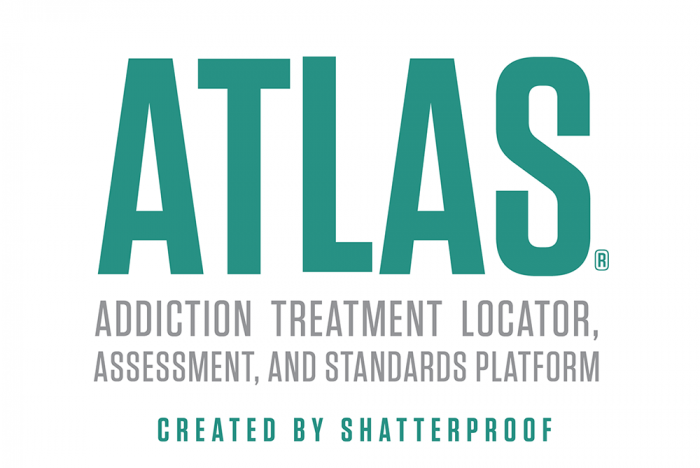The Pennsylvania Department of Drug and Alcohol Programs (DDAP) today announced almost $9 million in grant funding awarded to four Single County Authorities (SCAs) to establish or expand crisis stabilization services for individuals with co-occurring mental health and substance use disorders (SUD). The funding is part of the more than $17 million allocated last year to DDAP by the General Assembly from Pennsylvania’s share of a total opioid settlement of $1.2 billion reached with three distributors and manufacturer Johnson & Johnson.
Crisis stabilization services include assessment and stabilization of acute physical and psychiatric symptoms, which may include medical management and behavioral interventions, induction on medications for opioid use disorder, level of care assessments, short-term stays, and connections to supportive services.
Grants up to $3 million each will be awarded to the following four SCAs, serving residents throughout seven counties:
- Dauphin County Drug and Alcohol Services;
- Bucks County Drug and Alcohol Commission;
- Delaware County Department of Human Services; and
- Blair County Drug and Alcohol Program.
The funding can be applied toward a range of activities, including construction and building infrastructure, staffing, and programming. DDAP’s goal in offering this funding opportunity is to provide an additional mechanism for counties to invest in infrastructure, staffing, programming, and other necessary components to establish or expand crisis stabilization services.
Eligible grantees were chosen based on information presented in their applications demonstrating their capacity to recognize and manage individuals presenting with a wide range of SUD-related symptoms, mental health disorders, and developmental disabilities.














